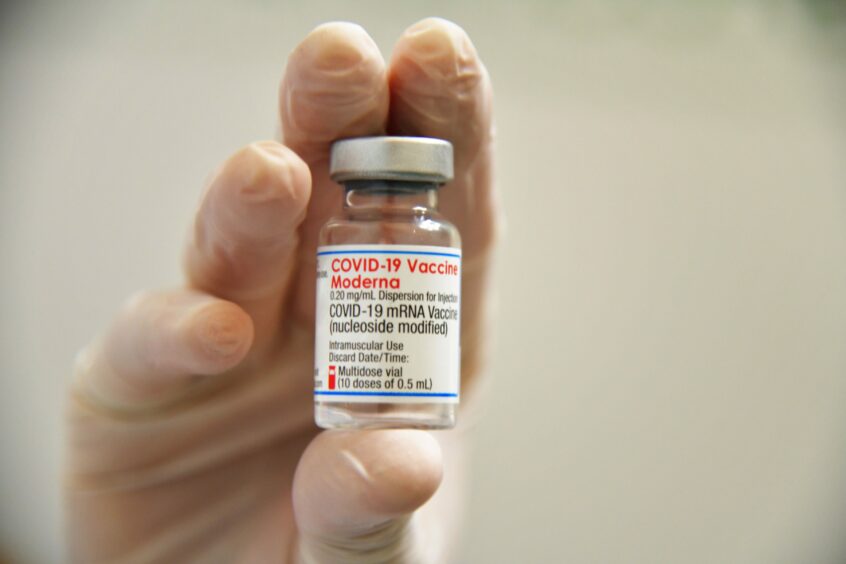People with diabetes are twice as likely to die from Covid but good management of the condition helps to mitigate risks, a new study has suggested.
While those struggling with diabetes are almost three times as likely to be critically ill with Covid, new research from Aberdeen University said good management of blood sugar levels can help.
The study reviewed data from 158 studies and more than 270,000 participants from all over the world.
During research with King’s College, London, is was discovered that while the risk of death and illness from Covid is higher for those with diabetes, good control of blood sugar in these patients can significantly reduce this risk.
First study of its kind
The research follows as those with diabetes were urged to get their flu jab and Covid booster after Covid was found to affect those with the condition “disproportionately”.
Results gathered showed people with diabetes were 1.87 times more likely to die with Covid and 1.59 times more likely to be admitted to ICU.
However, this is the first time a study examining the risk of Covid in patients with diabetes while looking at patient’s location, available healthcare options and possible ethnic differences has been published.
The research also looked at other societal factors while gathering data from countries all over the world.
It was found that patients in China, Korea or the Middle East were at a higher risk of death than those from EU countries or the USA.
Researchers suggested this could be due to differences in healthcare systems and the affordability of healthcare. Due to this, patients would find it more difficult to monitor blood sugar levels.
Good blood sugar control increases survival rates
Stavroula Kastora from Aberdeen University who worked on the study alongside Professor Mirela Delibegovic and Professor Phyo Myint said the risks were higher for those with the condition.
She said: “Collective data from studies around the globe suggested that patients with diabetes had a significantly higher risk of requiring an intensive care admission and supplementary oxygen or being admitted in a critical condition in comparison to patients without diabetes.
“However, we found that the studies that reported patient data from the EU or USA displayed less extreme differences between the patient groups.
“Ultimately, we have identified a disparity in Covid outcomes between the eastern and western world.
“We also show that good glycaemic control may be a protective factor in view of Covid-19 related deaths.
“In light of the ongoing pandemic, strengthening outpatient diabetes clinics, ensuring consistent follow up of patients with diabetes and optimising their glycaemic control could significantly increase the chances of survival following a Covid infection.”
The study has been published in Endocrinology Diabetes and Metabolism.


